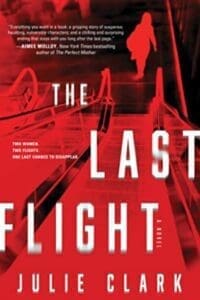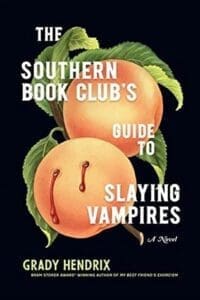A Good Neighborhood by Therese Anne Fowler – 320 pages
ARC provided by St. Martin’s Press for a honest review
Book Blurb:
In Oak Knoll, a verdant, tight-knit North Carolina neighborhood, professor of forestry and ecology Valerie Alston-Holt is raising her bright and talented biracial son. Xavier is headed to college in the fall, and after years of single parenting, Valerie is facing the prospect of an empty nest. All is well until the Whitmans move in next door – an apparently traditional family with new money, ambition, and a secretly troubled teenaged daughter. Thanks to his thriving local business, Brad Whitman is something of a celebrity around town, and he’s made a small fortune on his customer service and charm, while his wife, Julia, escaped her trailer park upbringing for the security of marriage and homemaking. Their new house is more than she ever imagined for herself, and who wouldn’t want to live in Oak Knoll? With little in common except a property line, these two very different families quickly find themselves at odds: first, over an historic oak tree in Valerie’s yard, and soon after, the blossoming romance between their two teenagers.
My Review: 4 stars
A Good Neighborhood is an important and meaningful read. There’s an underlying urgency to this story that needs to be told. Using the neighborhood as the omniscient point of view, we get a birds-eye perspective and see the symbolism of the neighborhood as its own character.
This all-American small town faces complete upheavel when a new family moves to town. There is a bounty to discuss and this book touches on a ton of hot-topics in today’s society such as race, class, gender equality, police actions, nature, womanhood and teenage angst.
As much as I found this book to be unputdownable, I grew impatient with the one-dimensional characters. Maybe not even one-dimensional but perhaps that each character fit into a stereotypical box. I had characters I liked more and others not so much, so it’s odd to me that so many readers consider this a character driven plot. For me, the story drives the plot and the characters are a cliché of themselves.
Book clubs will certainly not run out things to talk about…from purity pledges to the symbolism and importance of a tree, there are just a myriad of topics.
Quotes I liked:
Most of us hide what troubles and confuses us, displaying instead the facets we hope others will approve of, the parts we hope others will like.”
“Why doesn’t half white equal white the way half black equals black?”
“How unfair that the past was irretrievable and yet impossible to leave behind.”
“Trees are life. Not just my life”, she would add, since her fields were forests and ecology, “but life period. They literally make oxygen. We need to keep at least seven trees for every human the planet, or else people are going to start suffocating. Think of that.”


















